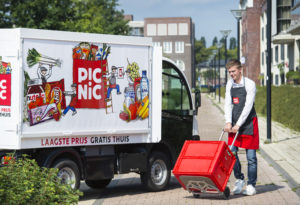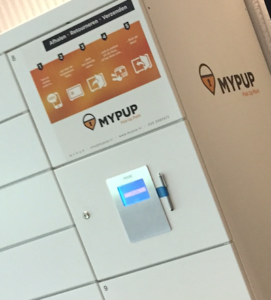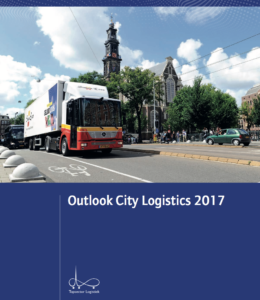Category «Research»
The role of the customer in last mile deliveries: how to improve efficiency?
HoReCa deliveries in Paris (F): are more regulations better?

Regulatory policies aim at reducing the negative effects of urban freight transportation, especially those related to traffic, emissions and noise. Nonetheless, stakeholders in city logistics often have divergent objectives, which lead to difficulties upon defining the best possible choices regarding regulation. A new paper on HoReCa deliveries in Paris by MINES ParisTech presents a multi-agent …
Sustainable vehicles-based alternatives in last mile logistics
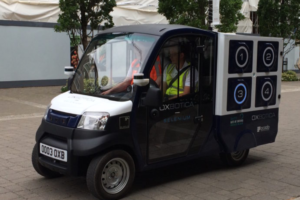
The advent of new technologies in last mile deliveries is about to cause a disruption in the traditional business model applied in city logistics. In this context, identifying new business and operations models and vehicles that could be applied for last mile deliveries in urban areas becomes crucial
Dutch research on the use of light commercial vehicles
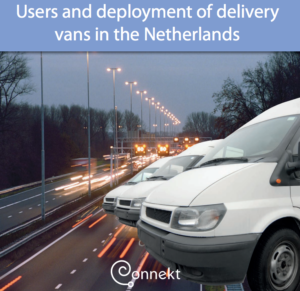
The light commercial vehicle, or delivery van, is the workhorse of both companies and the self-employed in the Dutch economy. And with good reason: it is a multifunctional and flexible mode of transport and compared to (smaller) trucks and cars it is also cheap to buy and use. Moreover, a ‘lighter’ drivers license B is sufficient to …
Research on crowd logistics: an opportunity for sustainable urban freight transport?
Passenger car occupancy has been falling for years. Partly empty vehicles on our road networks decrease passenger transport sustainability but also contain an opportunity for freight transport. Within crowd logistics, delivery operations are carried out by using passengers’ excess capacity on journeys that are already taking place, resulting in economic, social and environmental benefits.
How to organise living labs in city logistics?
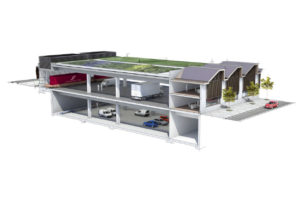
The field of city logistics can be characterised by its many local demonstrations and trials, that are quite often not lasting longer than the trial period. The number of demonstrations that continued and were implemented in daily practice is limited. Freight partnerships proved to be a good first step to engage stakeholders.
Sweden: switching to off-peak delivery times reduced city congestion
In some businesses, like supermarkets and restaurants, local restrictions on nighttime deliveries leave distributors no choice but to dispatch trucks during morning rush hours. But lifting these rules could reduce peak traffic volumes and increase transport efficiency, according to a recent study by KTH The Royal Institute of Technology.
The future of zero emission city logistics in 2050
Electric freight vehicles: insights into decision-making process of frontrunners
To achieve emission reduction targets and to improve local air quality of cities, the uptake of Electric Freight Vehicles (EFV) is essential. Knowledge concerning why companies do adopt EFV is lacking. Research about the diffusion of innovations and the market of EFV shows that frontrunner companies with an innovative or early adopting mindset are adopting …

